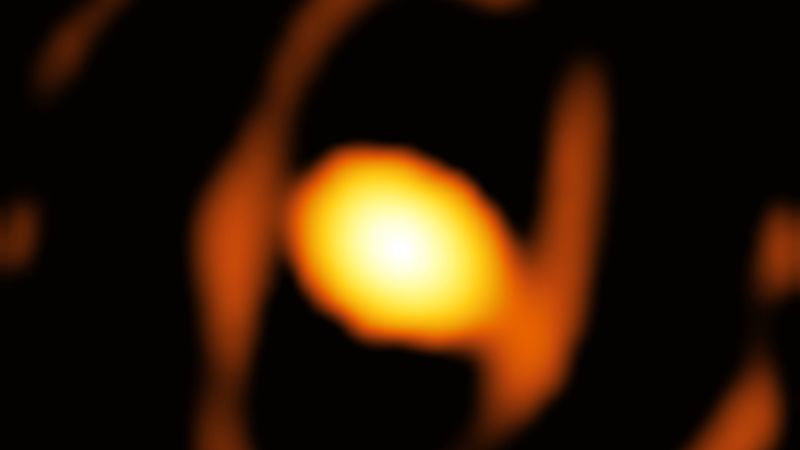
International Date Line
The International Date Line is an imaginary line on the Earth's surface that runs from the North Pole to the South Pole and demarcates the change of one calendar day to the next. It is located roughly along the 180th meridian, and when crossing the line from west to east, one day is added to the calendar, while crossing from east to west subtracts one day. The purpose of the International Date Line is to avoid confusion in timekeeping when traveling across the world, especially for ships and aircraft. The line is not straight and has been adjusted over time to accommodate political and economic considerations, resulting in several zig-zags and deviations.
Your Previous Searches
Random Picks
- Polar Orbits: Polar orbits are a type of orbit that passes over or near the Earth's geographic poles. These orbits are often used for Earth observation and remote sensing missions, as they provide complete coverage of the planet's surface. Polar orbits a ... Read More >>
- Sine Wave: In space and astronautical engineering, a sine wave is a type of periodic wave that describes a smooth repetitive oscillation. It is a fundamental waveform in electrical engineering and is commonly used to represent AC power signals. In spa ... Read More >>
- Power Conditioning Units: Power Conditioning Units (PCUs) are electronic devices used in spacecraft to regulate and condition the electrical power generated by solar panels or other power sources. The PCUs ensure that the power supplied to the spacecraft's systems i ... Read More >>
Top News

Archaeologists discover 4,000-year-old canals used to fish by predecessors of an...
Using drones and Google Earth imagery, archaeologists have discovered a 4,000-year-old network of earthen canals in what’s now Belize...
News Source: ABC News on 2024-11-22

First close-up image of a star beyond our galaxy may reveal impending supernova...
Astronomers have taken the first close-up image of a star beyond our galaxy, and it’s a “monster star” surrounded by a cocoon as it slowly dies....
News Source: CNN on 2024-11-21

Bestselling author explains the science of happiness: "You can do the work"...
Bestselling author and Harvard professor Arthur Brooks opens up about how enjoyment, satisfaction and meaning in life can increase a person's wellbeing....
News Source: CBS News on 2024-11-18

November's full moon, known as the Beaver Moon, is the last supermoon of 2024. H...
November's full moon, known as the Beaver Moon, is the last supermoon of 2024. Here's when it peaks and why it's called the Beaver Moon....
News Source: CBS News on 2024-11-15

You can't put a price on the sense of awe particle physics inspires...
Astronomy and particle physics are no longer seen as vital by the US establishment, so funding has fallen. But our work creates a sense of wonder, and wonder matters, says Chanda Prescod-Weinstein...
News Source: New Scientist on 2024-11-13